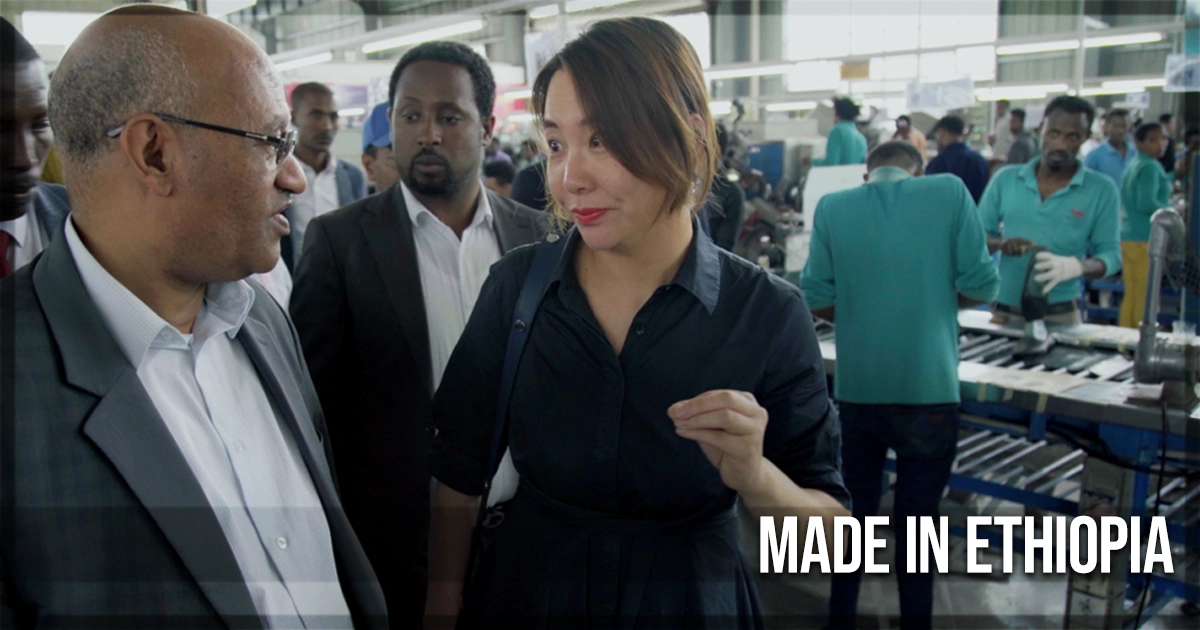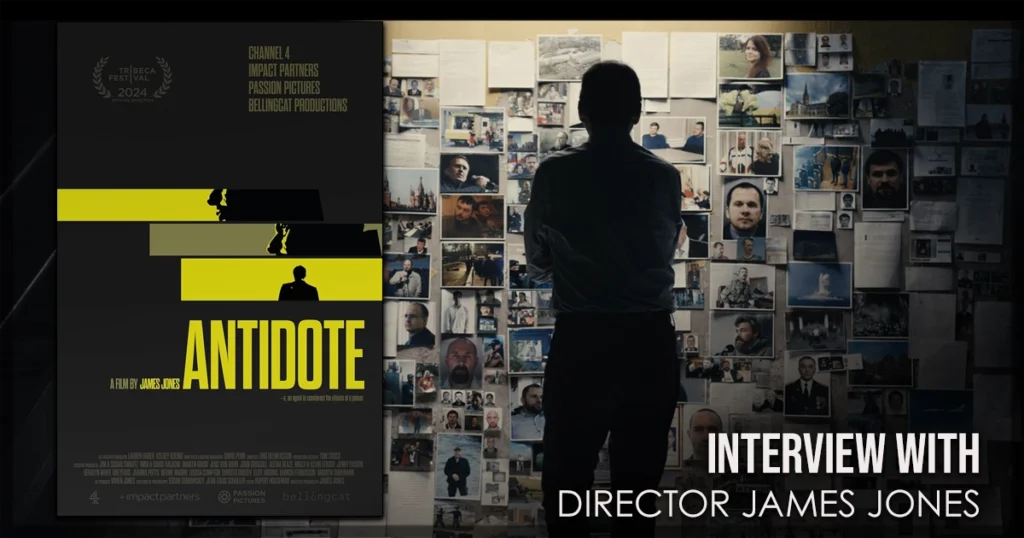Ethiopia is considered one of the biggest economies in Africa. It has the sixth-largest Gross Domestic Product (GDP). It also has a population of approximately one hundred million people, and it has an increasing population density. These factors make the country attractive to international investors. Xinyan Yu & Max Duncan. Made In Ethiopia narrates the high level of investments made by Chinese business people in Ethiopia.
Made in Ethiopia and the Chinese push for Industrialization
Hosted in Dukem, right in the center of the country, there is the Dukem Industrial Park, a city of factories created by Chinese investors in 2008. Containing a hundred and three factories in the park, it has a central figure in Matto, the industrial park manager. In the region, she takes charge of tasks such as lobbying, meeting with foreign investors, and ensuring compliance with procedures for the three thousand workers.
The film focuses on three perspectives, including Matto, as they anticipate the construction of phase two of the industrial park. A worker in the shoemaking industry, Beti – and local farmers who lost their land. The state donated the land to the Chinese investors. Over roughly four years, Yu and Duncan get a full view of the reality those people faced during the months before the pandemic, the during, and the uprising of the Tigray war, a civil conflict caused by the Tigray Liberation Forces. In its observational structure, the cameras stay as a quiet observer among the kinetic chaos of corporations.
For instance, having the camera only as a form of capturing is clever. The statements are the most intriguing aspect of the film – a conversation between business people affirms their position in this economic sphere. In a videoconference, two Chinese investors converse, and one of them affirms: You ought to come here. Chinese environmental laws are becoming too strict, and labor fees keep growing. It is an utterly engaging excerpt of dialogue to observe how the Chinese business philosophy has become one of aggressive investments in specific markets. They look for potential oil suppliers and diplomacy ties.
The perspective of the workers in Made in Ethiopia
Contrasting the policies of the business people, we have the lens of the workers, who receive fifty dollars a month to perform a tiring and long work shift. One woman affirms during lunch how worried she is about the sanitary pads’ increasing prices, stating how the rise of two dollars for a package can affect her lifestyle. Also, it gives a depth of how the government is more focused on pleasing foreign money rather than investing in its population. It becomes a notable situation when Matto goes to a farmer’s land to mark the territory since it was the place the government had given to them to build phase two of the industrial plant. The farmer’s resistance is to persist and continue in that place until local governance gives them the money and new land they promised.
In advance, the land promised to the farmers was sold and used to build Dukem City Park, a sort of metropolitan square with mountains, SPAs, and resorts that share borders with the poverty of the average Dukem population. The focus of the local state is to build an architectural landmark and market a modern society that is not equivalent to reality. They brainstorm it as an African Singapore. However, it is a land that forgets to educate and generate work for the increasing young population forced to be manual workers because there are not enough roles for them to be managers or owners.
A gripping documentary
The film provokes a gripping analysis of capitalism and how its installation is progressing in Africa. Globalization allowed investors to capitalize on different continents and use the lack of legislature to explore an uneducated part of the population in other places. In Made in Ethiopia, the directors have a fascinating conversation for most of the length. Besides it takes so much time to show the manager’s work, which is engaging most of the time, it spends so much of its potential debates showing a not-so-engaging subject. Beti is quite a great person to look after. She is a curious young woman who looks to reach the top positions that seem saved for those with money.
After all, Made in Ethiopia is an impressive first directing effort for Xinyan Yu & Max Duncan. They choose to capture the exploitative aspect generated by capitalism, even with flawed moments that make it lose a bit of its rhythm and engagement. However, it remains a worthwhile film to propose debates about globalization, investment, and the lack of care for the locals.
Made in Ethiopia recently screened at the Tribeca Film Festival.
Learn more about the documentary at the Tribeca site for the title.


